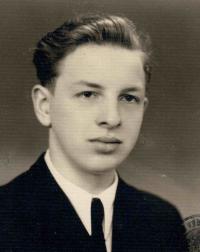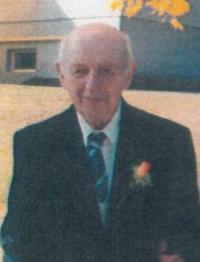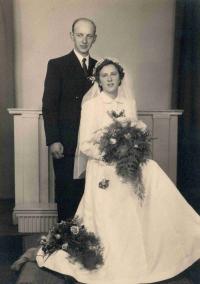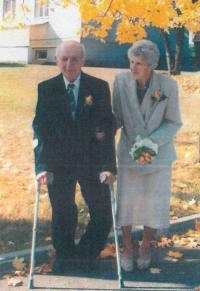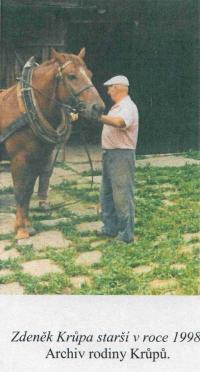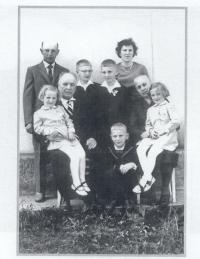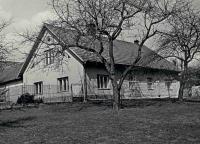We have to destroy you, and we’ll do so with all means possible

Stáhnout obrázek
Zdeněk Krůpa was born on 26 February 1929 in Zašová near Rožnov pod Radhoštěm in Moravian Wallachia. He was the second of six children of Alois and Růžena Krůpa. He attended an agricultural school in Rožnov pod Radhoštěm and then started farming. In 1952 to 1953 he underwent compulsory military service in Šumperk. In 1958 he was declared a kulak, although the actual owner of the farm was still his father. Their fields were confiscated and their cattle and horses seized. They were only allowed to stay in the village thanks to the proletariat origin of his wife Milada (née Uličníková). The property was not transferred from father to son until 1962. The witness was employed at the state farm in Kelč for several years. He was not allowed to work at the Zašová farming cooperative so as not to disrupt the morale of the cooperative members there. During the massive mechanisation of agriculture, he left the state farm in Krhová. He then found employment as a wagon driver at Zašová State Forests. He hauled lumber with horses until 1983, when he suffered an accident that barred him from continuing his job. He and his wife raised five children.
